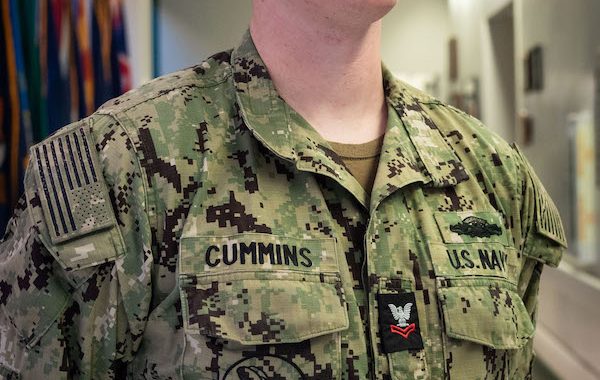Europe, Army Medical Facilities Top Priority Remains The Patient
2 min read
In an ongoing effort to prevent the spread of infection, Regional Health Command Europe implemented additional cleaning practices and procedures throughout its clinics once cases of COVID-19 were confirmed in Europe.
“We are remaining vigilant in our efforts to maintain a safe environment,” said Lori Barteau, the assistant chief of staff for Quality and Safety at RHCE. “We have reduced the number of people in waiting rooms and are keeping chairs spaced apart, all high-touch surfaces are being regularly cleaned, exam rooms are being thoroughly cleaned between patients and Plexiglas barriers have been installed at check-ins to protect staff and patients.”
Barteau added that only certain entrances at Landstuhl Regional Medical Center and the clinics are open. Staff are continuously wearing either face coverings or medical masks while they walk through the facility and take care of patients. Other personal protective equipment is used by medical staff when directly interacting with patients.
“While we had to reduce many routine services to deal with the COVID crisis, we are slowly and deliberately increasing medical services, while continuing to assess the risk to patients and staff,” said Brig. Gen. Mark Thompson, RHCE’s commanding general. “The bottom line is that you can be certain that you’re receiving safe, high-quality health care when you walk through the doors of any of our facilities.”
Every RHCE MTF has earned the Gold Seal of Approval from The Joint Commission, a nationally recognized healthcare accreditation organization that evaluates the safety and quality of the health care that RHCE provides. Additionally, RHCE also administers inspection programs to ensure operations are in compliance with all Army and Defense Health Agency guidance.
“If you need more information, the best thing you can do is contact your closest medical facility,” said Barteau.
Barteau added that there are a variety of things patients can do to help.
“We all need to do our part to reduce the spread,” she said. “Be sure to let your providers know about all of your symptoms, wear a face covering when you are unable to maintain six feet of physical distance and practice good hand hygiene.”
By Russell Toof





